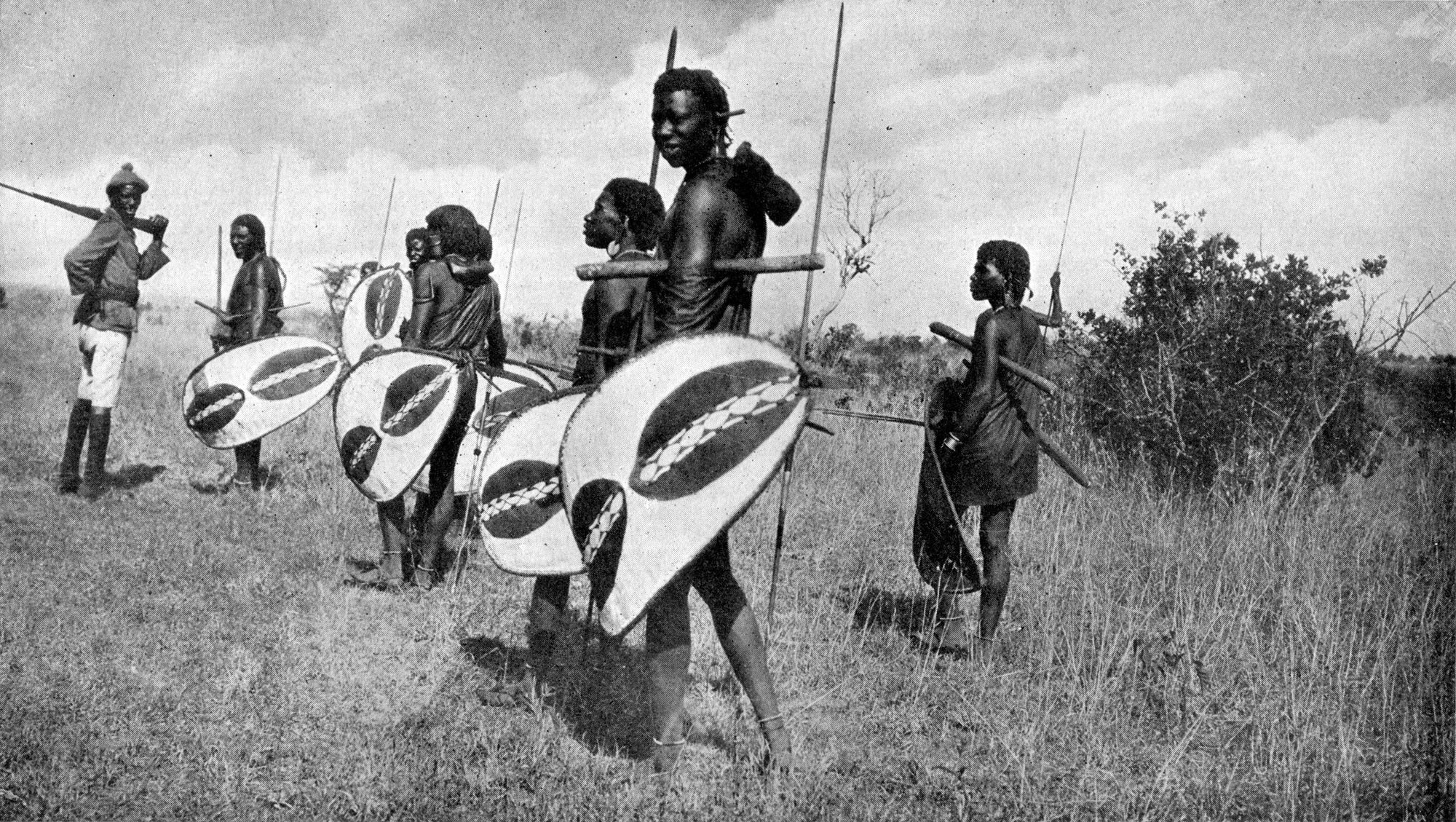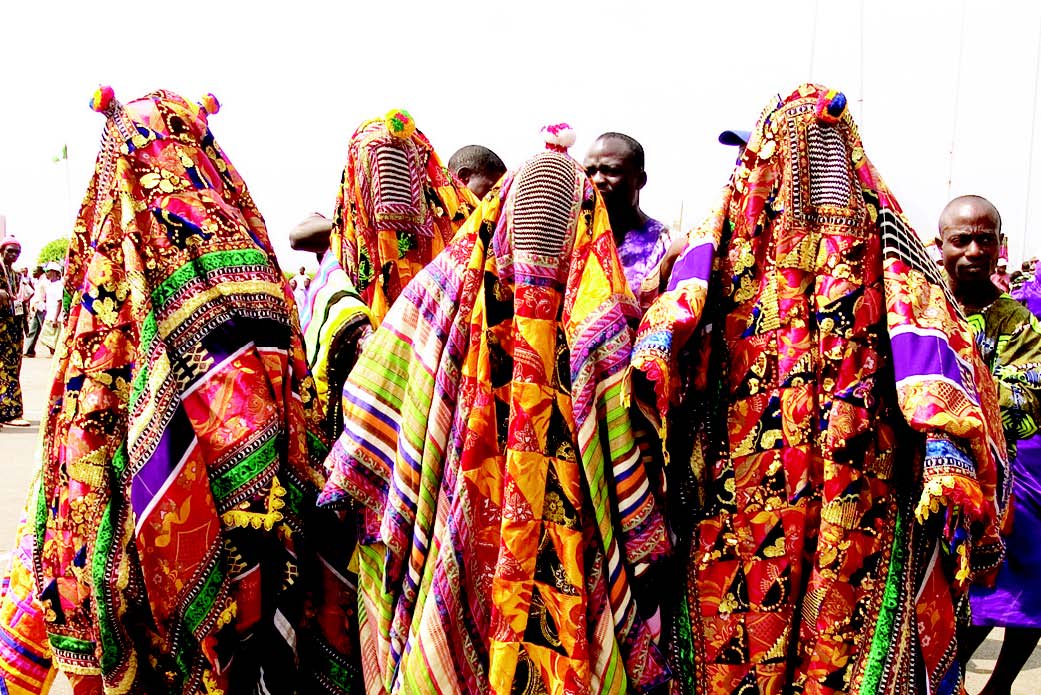A miscarriage is a traumatic event that can affect anyone who has experienced it. Unfortunately, in many cultures around the world, there is a stigma associated with it. In African culture, there are a variety of beliefs and perceptions about miscarriage that can affect how it is viewed and experienced. To gain a better understanding of the perceptions, I spoke to Dr. Ngozi Okafor, a Nigerian psychiatrist and expert on African culture.
Dr. Okafor explained that a miscarriage is often seen as failure, particularly for women. “In African culture, there is a great deal of pressure on women to have children, particularly sons,” she said. “When a woman experiences a miscarriage, it can be seen as a personal failing, a failure to produce a child, and even as a punishment for some perceived wrongdoing.”
This belief can lead to a great deal of shame and guilt for women who experience a miscarriage, as well as feelings of inadequacy and worthlessness. Dr. Okafor noted that this perception is particularly strong in rural areas, where there may be less access to medical care and where traditional beliefs about fertility and reproduction hold sway.
I also spoke with Maryam, a Kenyan woman who has experienced two miscarriages. She echoed Dr. Okafor’s observations about cultural pressure to have children. “In my community, it’s almost expected that you will start having children as soon as you get married,” she said. “When I had my first miscarriage, I felt like I had let everyone down, including myself.”
Maryam also noted there is often a lack of support and understanding for women who experience miscarriage. “People would say things like ‘you’ll have another one’ or ‘it was God’s will,’” she said. “While these comments may be well-intentioned, they can feel dismissive and invalidating.”
Ditebogo Montsho, a mother of three from Botswana, said she shared the same sentiments as Maryam, saying that, “… in the Setswana culture there is actually an expression for it – ‘O tlhatswa leng lesire?’ which means ‘When are you washing off or cleaning your wedding garments?’ Essentially asking when you are christening the marriage with a baby. This of course implies that the responsibility of this as well as success or failure of it rests on the wife or woman. It further explains where much of the guilt and shame of a miscarriage stems from.”
Ditebogo further asserted that, “There seems to be a popularly upheld misconception that it is your ability to have children that makes you a ‘real’ woman or a more capable and respectable wife. In some cultures, it is not uncommon for the family to encourage your husband to divorce and send you back home to your family, implying that you are of no value to them and especially to their son.”
Despite the challenges, Dr. Okafor stressed the importance of changing the conversation around miscarriage in African culture. “It’s important to acknowledge that miscarriage is a common experience and that it can happen to anyone,” she said. “We need to move away from the idea that it’s a personal failing and instead focus on providing support and care to women who have experienced it.”
This support can take many forms, from counseling to medical care to simply being there to listen. Maryam noted that she found comfort in talking to other women who had experienced miscarriages. “When I found out that other women had gone through the same thing, it made me feel less alone,” she said. “It helped me realize that it wasn’t my fault and that there was nothing wrong with me.”
A miscarriage can be a difficult and traumatic experience for anyone, and in African culture, it can be particularly challenging due to the pressure to have children and the stigma associated with infertility. However, by changing the conversation around miscarriages and providing support and care to those who have experienced it, we can help reduce the shame and isolation that can come with the experience.









